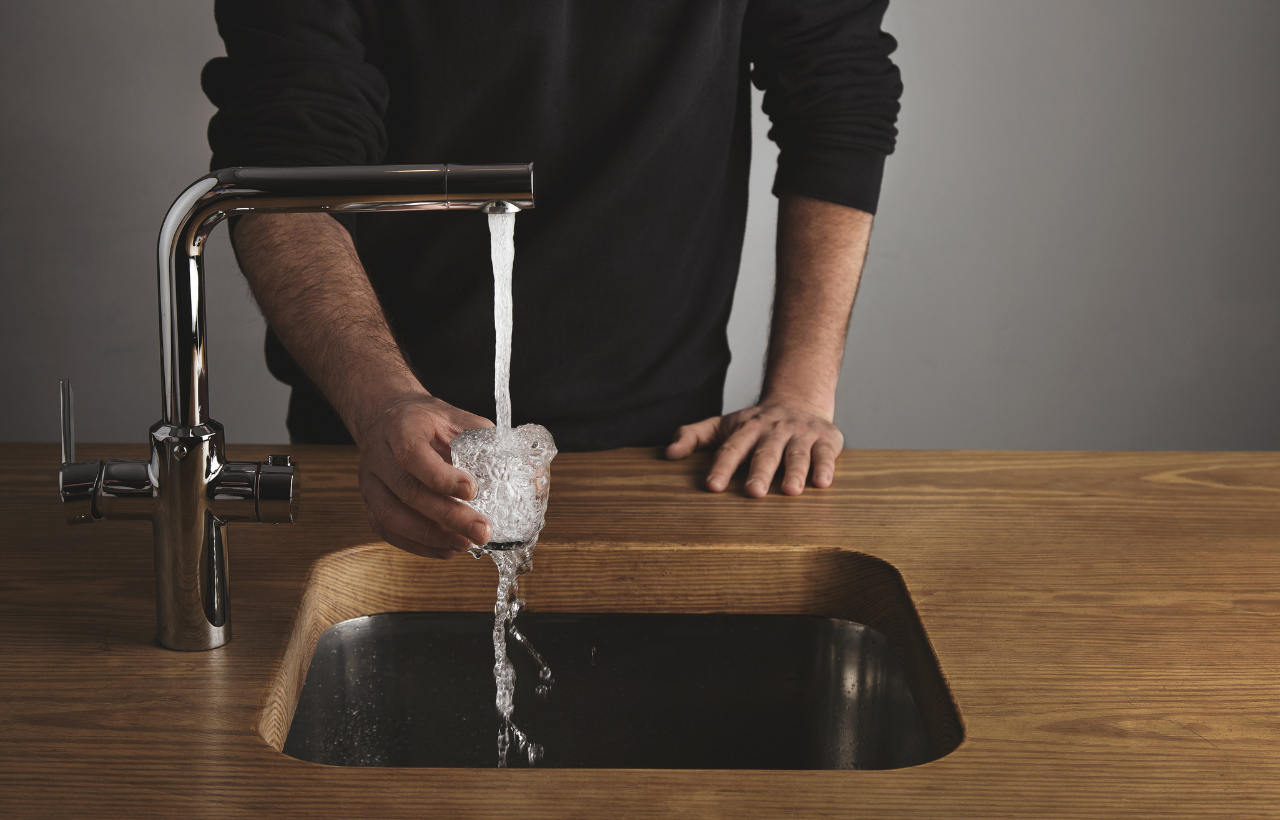Now Reading: How Screen Time in Bed is Ruining Your Sleep: The Surprising Link to Insomnia
- 01
How Screen Time in Bed is Ruining Your Sleep: The Surprising Link to Insomnia

How Screen Time in Bed is Ruining Your Sleep: The Surprising Link to Insomnia
Introduction
In today’s digital world, our screens are constantly calling our names. We often find ourselves scrolling through social media, streaming our favorite shows, or catching up on the news right in bed. But have you ever noticed that more screen time in bed can lead to insomnia? In this post, we’ll explore how our bedtime habits with digital devices disrupt sleep patterns, impacting our overall well-being. We’ll dive into the science behind blue light, discuss effective digital detox strategies, and offer practical tips to regain control over your sleep quality.
Understanding Screen Time
Screen time refers to the hours we spend engaging with devices like smartphones, tablets, laptops, and televisions. While these devices keep us connected and informed, they can also overstimulate our minds—especially when used in bed. This excess stimulation makes it harder for our bodies to relax and prepare for sleep. In essence, more screen time in bed not only distracts us from winding down but also contributes to restless nights and insomnia.
The Connection Between Screen Time and Insomnia
Digital devices emit blue light—a type of light that is especially disruptive at night. Here’s how it affects you:
- Disrupted Circadian Rhythm:
Your body relies on natural light cues to regulate its sleep-wake cycle, known as the circadian rhythm. The blue light from screens tricks your brain into thinking it’s still daytime, delaying melatonin production and ultimately postponing the onset of sleep. - Mental Stimulation and Overload:
Beyond the light, the engaging content on your device can keep your mind excessively active. Whether you’re catching up on exciting news or scrolling through social media, your brain remains alert when it should be winding down. This mental overload is a key factor in triggering insomnia.
The Science Behind Blue Light
Blue light has a higher energy level compared to other visible colors, which is great for alertness during the day but problematic at night. Exposure to blue light right before bed suppresses the secretion of melatonin—the hormone responsible for helping you sleep. As a result, your body’s natural clock gets thrown off balance, making it significantly harder to fall asleep and stay asleep. Reducing exposure to this disruptive light can lead to marked improvements in sleep quality.
Embracing a Digital Detox for Better Sleep
If you’re ready to combat the sleep-disrupting effects of screen time, consider a digital detox with these strategies:
- Set a Screen Curfew:
Aim to stop using digital devices at least one hour before bed. This simple step allows your mind to relax and signals that it’s time to wind down. - Create a Calming Bedtime Routine:
Replace screen exposure with activities that promote relaxation. Think reading a book, practicing meditation, or even engaging in light stretching exercises. - Utilize Night Mode and Blue Light Filters:
Many devices now offer a night mode or blue light filter setting to reduce the emission of disruptive light during nighttime hours. - Enhance Your Sleep Hygiene:
Make your bedroom a sanctuary for sleep by keeping it dark, quiet, and cool. Establish a consistent sleep schedule to support your body’s natural rhythm.
Practical Strategies to Improve Overall Sleep Quality
Improving sleep quality goes beyond just limiting screen time. Here are some additional tips to restore restful nights:
- Consistent Sleep Schedule:
Going to bed and waking up at the same time every day helps regulate your internal clock. - Mindful Wind-Down Techniques:
Consider practices like mindfulness or progressive muscle relaxation to ease your mind and body into sleep. - Periodic Digital Breaks:
Even during the day, schedule moments to step away from screens, allowing your eyes and brain to rest.
Conclusion
Digital devices are an essential part of modern life, but more screen time in bed can lead to insomnia and reduced sleep quality. By understanding the science behind blue light, easing into a digital detox, and practicing effective sleep hygiene, you can reclaim the rest you deserve. Small changes in your evening routine may lead to big improvements in your overall well-being.
Disclaimer: The information provided in this post is for educational purposes only and should not replace professional medical advice. Always consult a healthcare provider for concerns regarding your sleep health.











